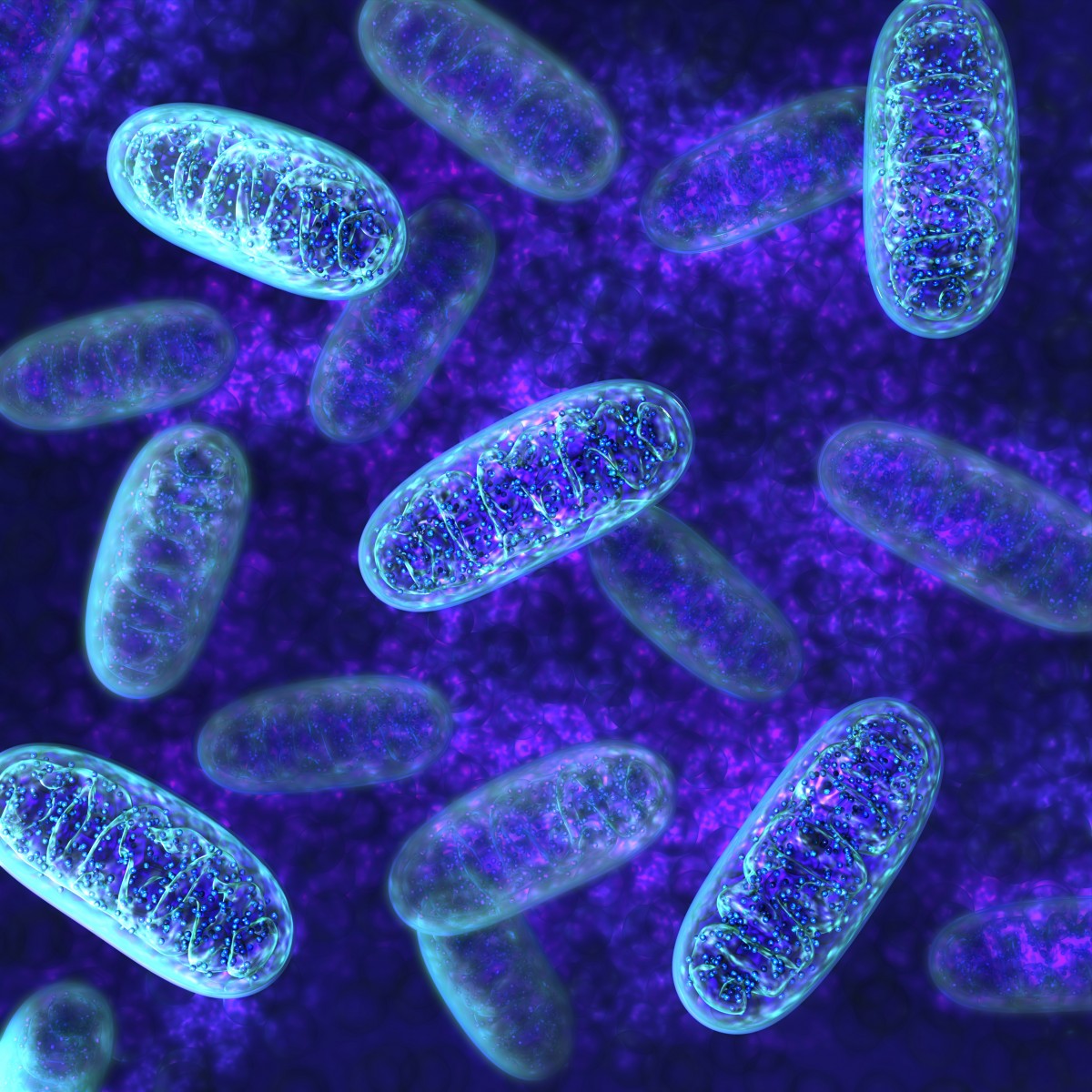Enzyme EXD2 Is Important in Mitochondrial Protein Production, Researchers Find

An international group of researchers demonstrated that the enzyme EXD2 has a key role in the production of mitochondrial protein.
The study, “EXD2 governs germ stem cell homeostasis and lifespan by promoting mitoribosome integrity and translation,” was published in the journal Nature Cell Biology.
Mitochondria are the major source of energy in our cells through a process called oxidative phosphorylation. The mitochondria has its own DNA, called mtDNA, which is responsible for making many of the protein components required for the energy-making process.
DNA is used as a template to make a molecule called messenger RNA (mRNA) in a process called transcription. The mRNA, in turn, is used to produce proteins in a process called translation.
The ability to properly conduct oxidative phosphorylation relies on the integrity, transcription, and translation of mtDNA. Deficiencies in the assembly or function of the oxidative phosphorylation machinery can lead to severe human diseases.
Scientists have now identified that the mitochondrial ribosome (mitoribosome), which is the cellular machinery required for protein production in the mitochondria, is a major interactor of the protein EXD2, which has previously been shown to play a role in DNA repair and DNA damage sensitivity.
Researchers first determined that EXD2 is a mitochondrial protein that influences cellular metabolism and then showed that its depletion led to altered levels of several molecules that result from cell metabolism.
Next, researchers showed that EXD2 prevents reactive oxygen species (ROS), which arise due to mitochondrial defects and can cause major cellular damage. They also showed that it is required for oxidative phosphorylation and, consequently, energy production.
Scientists then demonstrated that EXD2 interacts with the mitoribosome and facilitates mitochondrial translation. In fact, loss of EXD2 led to a reduction in the association of mRNA with the mitoribosome. This led researchers to determine that EXD2 preferentially binds mRNA.
“EXD2 targets messenger RNA to keep the mitoribosome ‘clean’ until it is mature and ready to generate proteins. In the absence of EXD2, cells are severely defective for mitochondrial protein production,” Joana Silva, first author of the study, explained in a press release.
Therefore, EXD2 most likely aids oxidative phosphorylation by facilitating the protein production of key components.
Researchers also looked at the role of EXD2 in the development of Drosophila (flies commonly used in research) and discovered that flies that lacked EXD2 also demonstrated delayed development and reduced fertility. These results indicate that here is still much more to know about mitochondria and mitochondrial proteins and how they contribute to disease.
“Our results, and those of others, suggest that many additional regulators of these processes have yet to be identified, and their characterization will further enhance our understanding of mitochondrial regulation and its role in ageing,” the authors concluded.






